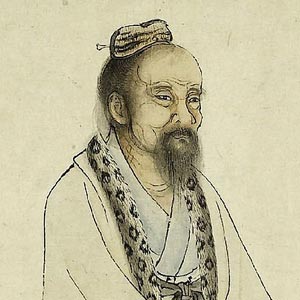
Zhuang Zhou (369 – 286, B.C.E.) commonly known as Zhuangzi, also rendered as Chuang Tzu, was an influential Chinese philosopher who lived around the 4th century B.C.E. during the Warring States period, a period corresponding to the summit of Chinese philosophy, the Hundred Schools of Thought. He is credited with writing — in part or in whole — a work known by his name, the Zhuangzi, which is one of the foundational texts of Taoism.

Quotes by Zhuang Zhou (Chuang Tzu)…
Great truths do not take hold of the hearts of the masses.
To a mind that is still, the whole universe surrenders.
Cease striving; then there will be self-transformation.
If a man empties himself of himself, who can harm him?
When he tries to extend his power over objects
Those objects gain control of him.
He who is controlled by objects
Loses possession of his inner self.
If he no longer values himself,
How can he value others?
If he no longer values others,
He is abandoned.
He has nothing left.
The perfect man employs his mind as a mirror. It grasps nothing. It refuses nothing. It receives, but does not keep.
Shade said to Shadow, “A little while ago, you were moving, and now you are standing still. A little while ago, you were sitting down, and now you are getting up. Why all this indecision?”
Shadow replied, “Don’t I have to depend on others to be what I am? Don’t others also have to depend on something else to be what they are? My dependence is like that of the snake on his skin, or of the cicada on his wing. How can I tell why I do this, or why I do that?”
